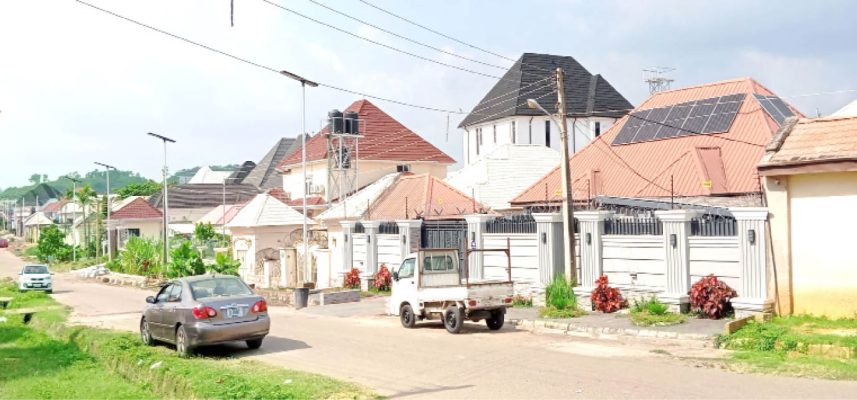Renting accommodation in Abuja has become increasingly unaffordable for many citizens, forcing residents to relocate to neighboring towns in Niger and Nasarawa States. A shortage of affordable housing, coupled with Nigeria’s high cost of living, has worsened the situation.
Under current tenancy laws, landlords can demand up to 12 months’ rent in advance, but many Abuja landlords now request two years upfront, further straining tenants. Real estate experts say rent control remains ineffective due to market-driven pricing and weak regulation.
From City Centre to Satellite Towns
Areas like Guzape, Maitama, Asokoro, Wuse, and Jabi now charge up to ₦3 million yearly for a one-bedroom flat. As a result, many residents have moved to suburbs such as Suleja, Madalla, Mararaba, and Masaka, where rents are relatively cheaper, though commuting costs have increased.
Civil servant Olajide Bayo said rents in Abuja have risen by over 200% in three years. “A one-bedroom I paid ₦500,000 for now costs ₦2 million. I had to move to Mararaba,” he said. Others, like Solomon Kumai and Keturah Danjuma, shared similar experiences, citing rent hikes that doubled within a year.
Landlords Cite Inflation and High Costs
Landlords attribute the rising rents to Nigeria’s harsh economy and skyrocketing building costs. Nuhu Ahmadu, a property owner in Apo, said, “We are not greedy. Cement prices have jumped from ₦4,000 to over ₦10,000. We raise rents just to cover maintenance.”
Another landlord, Chinedu Akabueze, added that both landlords and tenants face the same inflationary pressure, while Christopher Danladi noted that even maintenance materials now cost triple their previous prices.
Experts Call for Regulation and Home Ownership
Real estate expert Abdullahi Sani said rising building costs and economic instability continue to push rents higher. He urged government intervention to make land, financing, and materials more accessible.
A property agent, Abdullahi Musa, advised residents to start investing in their own homes rather than relying on rent. “Begin small buy land and build gradually,” he said.
Meanwhile, former REDAN President Aliyu Wamakko blamed the lack of regulation for corruption in the real estate sector. He said the Real Estate Regulatory Council Bill (RERCON), meant to check illicit funds and unoccupied properties, was passed by the last National Assembly but declined by President Tinubu.
Source: Business Day



